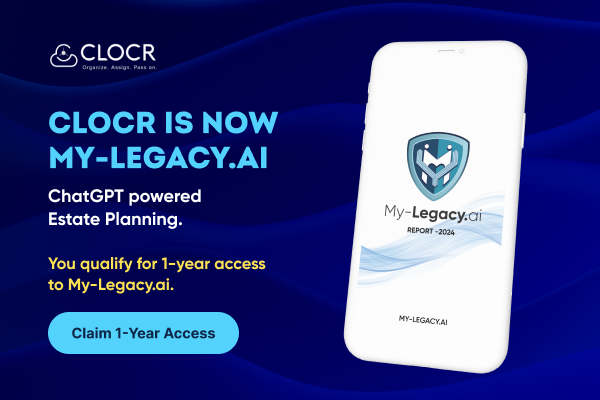The craze of Cryptocurrency is increasing these days and a lot of people have already started using Cryptocurrency and NFTs (Non-Fungible Tokens). While people are creating, selling, and investing their money in NFTs, the question about the difference between NFTs and Cryptocurrency often pops up. Well, for starting, Cryptos are fungible assets while NFTs are not.
So, What is Non-Fungibility exactly?
Non-fungibility is a property that makes things unique and irreplaceable. A lot of people use Non-fungible Tokens to represent digital collectibles, video game items, and virtual property. Several Non Fungible tokens like CryptoKitties, CryptoPunks, Ape NFTs, NBA Top Shots have huge financial value and can be traded for profit just like any other asset.
The property of Non-Fungibility helps these tokens to create unique identities of assets they represent which is why NFTs are moving towards different use cases other than being famous for NFT Art!
People who are interested to invest in NFTs may get surprised at how the concept is capable of taking over real-world objects. NFTs are able to represent physical assets like Real Estate.
An advantage of NFTs is how easily their sales (and thus the Ownership of an asset) can be traced. Real estate NFTs guarantee easily traceable ownership records of real estate investments.
The Technique Used
Fractional Ownership is a way through which numerous people can have a share in the ownership of a high-value tangible asset, like real estate. Every Fractional Owner possesses a number of tokens that represent project shares.
The costs to buy and maintain a property are spread between numerous people in Fractional Ownership. Fractional Ownership Token can give investors an easy way to produce passive income (ownership management that comes with NFTs is efficient along with the Smart contracts which provide durable agreement).
There is another way to use NFTs in Real Estate which is Entire Asset Tokenization. The problem with Entire Asset tokenization is the requirement of the original property deed in the form of an NFT, which is not readily possible because of regulatory conditions regarding real estate investments.
Real estate NFTs function in the same way as any other NFT. They’re bought using the seller’s preferred Cryptocurrency and could be sold for a profit to another buyer.
You might also be interested in reading:
Issues With Real Estate NFTs
Real estate NFTs are a new concept and thus figuring out their advantages when compared to the regular Real Estate dealing processes is difficult. Real Estate NFTs like the other use cases of NFTs are still under development. This makes it difficult for investors and Estate agents to understand where NFTs can and cannot be used.
However, with sales like the Mars House’s (first digital NFT home sold for more than $500,000), the scope of NFTs has increased to a new level. It would not be wrong to assume that Blockchain and Web 3.0 could change how the financial ecosystems work!
Today, it’s difficult to imagine a world without a digital aspect. We use technology every day, it keeps us connected to friends and family, while at the same time allowing us to communicate in new and unique ways.
Since the digital age has such a profound effect on the living, it’s time we begin to address our digital legacies. And luckily there are many ways to make this happen. The best way is to put together a Digital Estate Plan. By taking control of your data, you can ensure that your content and perhaps even your legacy will remain intact, no matter what the future holds.




